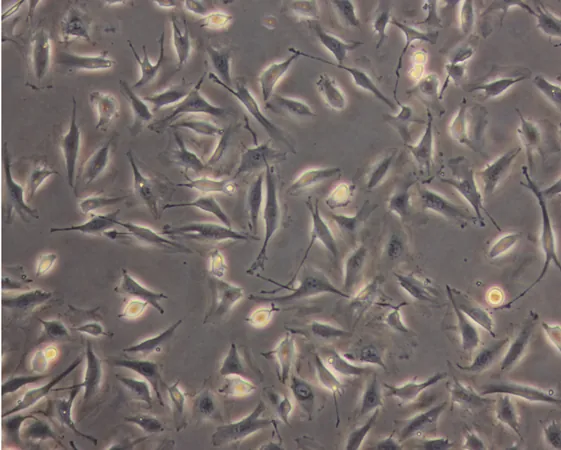
Unlocking the Secrets of Space: How Altered Gravity Mirrors Aging
2025-09-16
Author: Noah
The Space-Age Dilemma: Aging and Microgravity
What does floating in space have to do with growing old? Surprisingly, a lot! Sharon van Rijthoven, a dedicated student from Delft University of Technology and Vrije Universiteit Amsterdam, has made intriguing connections between the effects of spaceflight and aging at a cellular level during her internship at the European Space Agency (ESA).
The Weightless Effects on Our Bodies
Life aboard the International Space Station (ISS) might seem like a dream, but it comes with significant health challenges. Astronauts live in a microgravity environment where their muscles and bones face far less resistance than they do on Earth. To combat muscle weakening and bone density loss, astronauts must engage in rigorous exercise—up to two and a half hours a day—six days a week. It's not just for fun; it’s a necessity for their healthy return to Earth.
A Groundbreaking Study of Cellular Changes
Sharon’s research focuses on comparing the cellular effects of aging with those experienced in altered gravity. She examined three gravity states: the microgravity of space, simulated microgravity using technology on Earth, and hypergravity created in centrifuges. Her findings, recently published in the FASEB Journal, delve deep into 165 cellular signs of aging.
Shocking Results: A Mixed Bag of Findings
The results from this extensive investigation were anything but straightforward. While Sharon hypothesized that many cellular signs of aging would align with those under microgravity conditions, she found only a third shared similar effects, with another third still needing exploration. To further complicate matters, 15% showed contrasting outcomes between aging and microgravity.
Revolutionary Insights into Cell Communication
Sharon proposes an intriguing theory about the cellular communication under these conditions. In microgravity, the process known as mechanotransduction—how cells interpret physical stimuli—can get all twisted up, reminiscent of a game of telephone. As she puts it, "What starts as a clear message ends up garbled at the end of the line." This distortion may cause cells to act as if they are aging but largely returns to normal when gravity is reintroduced.
The Big Picture: What Lies Ahead in Space Research
This pivotal research not only sheds light on the health challenges faced by astronauts but also emphasizes the continued mysteries of cellular responses in altered gravity. Jack van Loon from ESA highlights the value of Sharon's work. "Her internship led to significant findings and highlighted numerous avenues for future research," he states proudly.
As we push further into the cosmos, understanding the balance between altered gravity and our biology is more crucial than ever. Could the keys to healthy aging lie hidden among the stars?



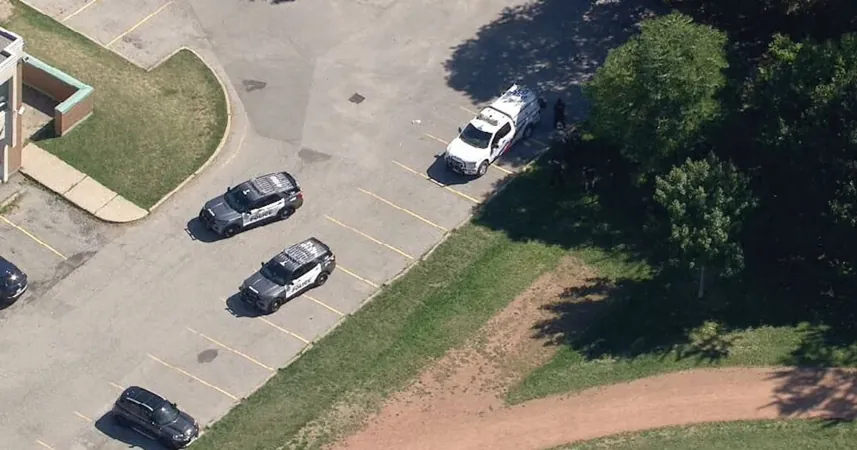

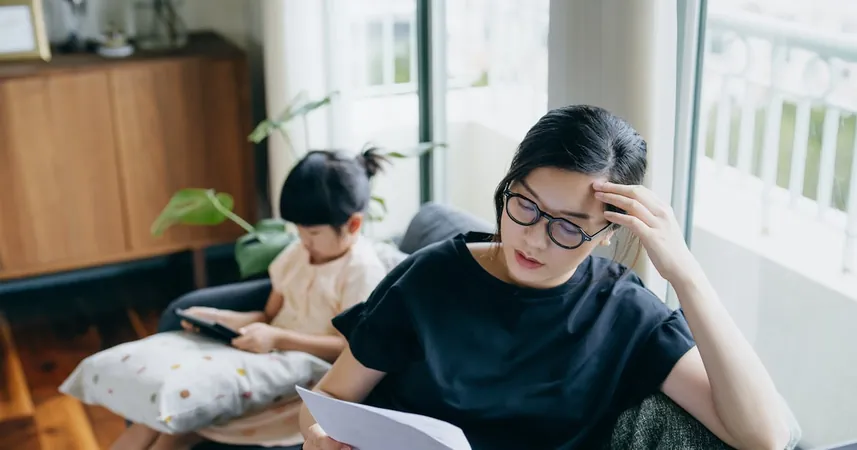
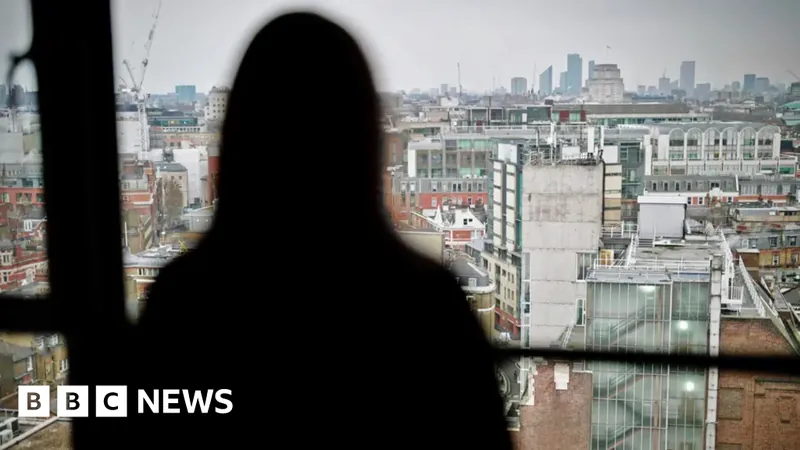
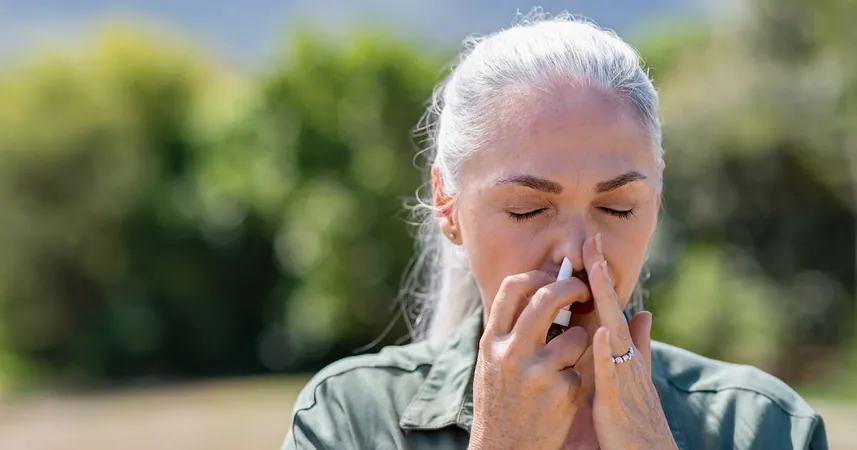

 Brasil (PT)
Brasil (PT)
 Canada (EN)
Canada (EN)
 Chile (ES)
Chile (ES)
 Česko (CS)
Česko (CS)
 대한민국 (KO)
대한민국 (KO)
 España (ES)
España (ES)
 France (FR)
France (FR)
 Hong Kong (EN)
Hong Kong (EN)
 Italia (IT)
Italia (IT)
 日本 (JA)
日本 (JA)
 Magyarország (HU)
Magyarország (HU)
 Norge (NO)
Norge (NO)
 Polska (PL)
Polska (PL)
 Schweiz (DE)
Schweiz (DE)
 Singapore (EN)
Singapore (EN)
 Sverige (SV)
Sverige (SV)
 Suomi (FI)
Suomi (FI)
 Türkiye (TR)
Türkiye (TR)
 الإمارات العربية المتحدة (AR)
الإمارات العربية المتحدة (AR)